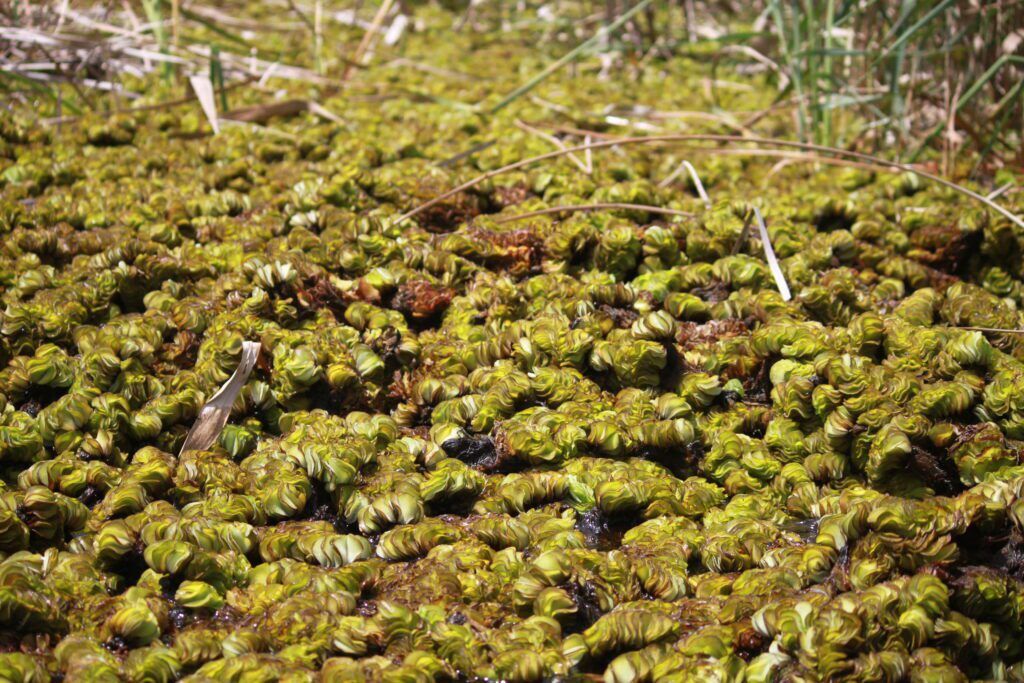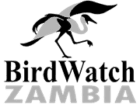Salvinia molesta Control
Controlling Salvinia molesta for Improved Biodiversity and Livelihoods in the Lukanga Swamps Key Biodiversity Area.
The Lukanga swamp is located approximately 50 km west of Kabwe town in central Zambia. It is the largest permanent water body in the Kafue basin, covering approximately 3300 km². It is one of Zambia’s important wetland ecosystems, a designated Ramsar site as well as a Key Biodiversity Area (KBA), hosting over 360 resident and migratory bird species, including some globally threatened species, e.g., the Wattled Crane (Bugeranus carunculatus). In addition to avian species, this site also holds a good population of semi-aquatic antelopes such as Sitatunga (Tragelaphus spekei), Oribi (Ourebia ourebi), and a few Red Lechwe (Kobus leche leche). Reptiles such as the Nile crocodile, Rock Python, and Monitor Lizard are also common in isolated portions of the swamp. Besides being a suitable habitat for birds and other biodiversity, the swamp is one of Zambia’s major fisheries, supplying protein to at least four large cities and contributing about 20% to the country’s fish. The swamp is highly important for the fishing local community, with its small floating islands and the surrounding mainland, hosting approximately 22500 fishing community members, which translates to at least 2500 households whose livelihoods are supported by fishing from the swamp.

Since 2009, the swamp has been choked by the infestation of an invasive aquatic weed, Salvinia molesta, which poses serious threats to the socio-economic well-being of the local community and the swamp’s enormous biodiversity. Approximately 60% of the open-water lagoons of the Lukanga swamp were infested by the Kariba weed (Salvinia molesta), as indicated by the 2017 satellite image analysis. Since then, records from the Department of Fisheries, local councils, and interviews with local resident fishermen indicated reduced catch per unit effort as most of the fish moved further into the swamps, in areas not infested by the Kariba weed. This led fishermen to start using more gear and, in some cases, use incorrect fishing gear such as mosquito nets and poisons to catch more fish.
We believe in working with people to conserve Zambia’s rich diversity of bird specie and unique landscapes.
Satisfied Clients
Projects Completed
Accolades Earned
Lines of Code
You can support our work by becoming a BirdWatch Zambia member or by donating.
Invasive species are animals, plants, or other organisms that are introduced into places outside their natural range, negatively impacting native biodiversity and ecosystem services or human well-being (IUCN, 2024).
Invasive species have long been known to be a major contributor to global biodiversity loss, ecosystem degradation, and deterioration of ecosystem services worldwide.
